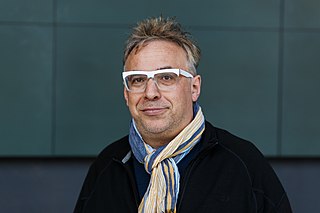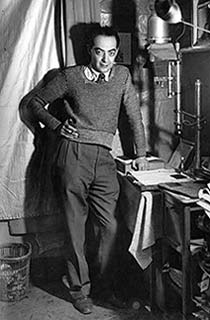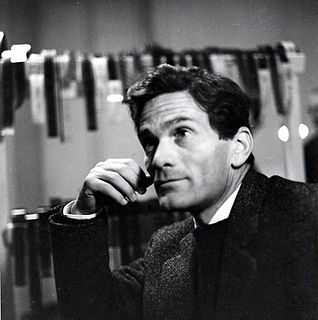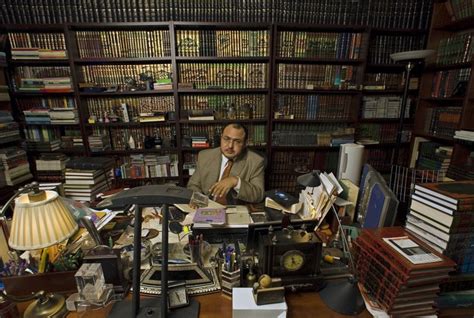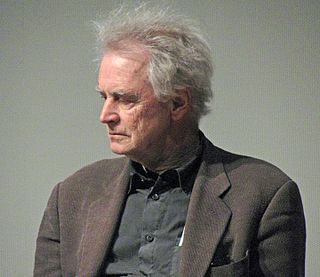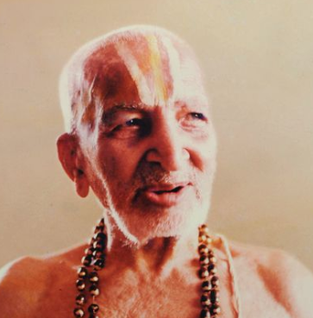A Quote by B.K.S. Iyengar
There is only one reality, but there are many ways that reality can be interpreted.
Quote Topics
Related Quotes
That we do not discover reality but rather invent it is quite shocking for many people. And the shocking part about it - according to the concept of radical constructivism - is that the only thing we can ever know about the real reality (if it even exists) is what it is not. It is only with the collapse of our constructions of reality that we first discover that the world is not the way we imagine.
... what is faked [by the computerization of image-making], of course, is not reality, but photographic reality, reality as seen by the camera lens. In other words, what computer graphics have (almost) achieved is not realism, but rather only photorealism - the ability to fake not our perceptual and bodily experience of reality but only its photographic image.
My images were surreal simply in the sense that my vision brought out the fantastic dimension of reality. My only aim was to express reality, for there is nothing more surreal than reality itself. If reality fails to fill us with wonder, it is because we have fallen into the habit of seeing it as ordinary.
Reality became for me a problem after my experience with LSD. Before, I had believed there was only one reality, the reality of everyday life. Just one true reality and the rest was imagination and was not real. But under the influence of LSD, I entered into realities which were as real and even more real than the one of everyday. And I thought about the nature of reality and I got some deeper insights.
We know only what we do, what we make, what we construct; and all that we make, all that we construct, are realities. I call them images, not in Plato's sense (namely that they are only reflections of reality), but I hold that these images are the reality itself and that there is no reality beyond this reality except when in our creative process we change the images: then we have created new realities.
It has been said that I have three heroes: Christ, Marx and Freud. This is reducing everything to formulae. In truth, my only hero is Reality. If I have chosen to be a filmmaker as well as a writer it is because, rather than expressing reality through those symbols that are words, I have preferred the cinema as a means of expression - to express reality through reality.
Buddha was speaking about reality. Reality may be one, in its deepest essence, but Buddha also stated that all propositions about reality are only contingent. Reality is devoid of any intrinsic identity that can be captured by any one single proposition - that is what Buddha meant by "voidness." Therefore, Buddhism strongly discourages blind faith and fanaticism.


